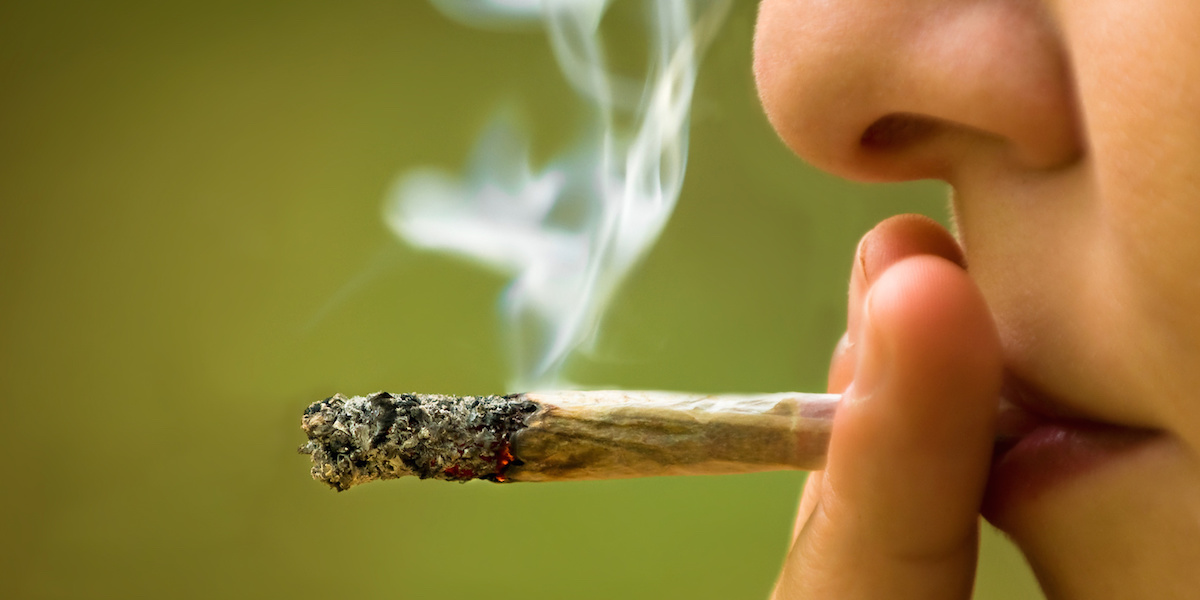
The following is excerpted from an online article posted by SciTechDaily.
A new study led by researchers from University College London (UCL) and the University of Bristol suggests that teenagers displaying symptoms of alcohol addiction have an increased likelihood of experiencing depression by their mid-20s.
Interestingly, the study, which was published in The Lancet Psychiatry, found that frequent alcohol consumption, even in large quantities, did not necessarily predict a higher risk of depression unless there were indications of dependency.
Co-lead author Dr. Gemma Lewis (UCL Psychiatry) said: “By using a large, longitudinal dataset, we have found evidence that problematic drinking patterns in late adolescence may increase the risk of developing depression years later.
“Problematic drinking patterns could be a warning sign of future mental health problems, so helping young people to avoid problematic alcohol use could have long-term benefits to their mental health.”
The study involved 3,902 people who are part of the Children of the 90s birth cohort study (Avon Longitudinal Study of Parents and Children – ALSPAC), a longitudinal cohort of parents and their children born in the southwest of England in 1991 and 1992, who have been surveyed at regular intervals.
This paper looked at the association between alcohol consumption and signs of problematic drinking, or dependence, at age 18, and depression six years later at age 24. The researchers found that people who appeared to be dependent on alcohol at age 18 (or at any age from 17 to 22) were more likely than their peers to have depression at age 24.
Source: SciTechDaily
https://scitechdaily.com/adolescent-alcohol-dependency-linked-with-later-depression-risk/

 Teen Loneliness Triggers ‘Reward Seeking’ Behavior
Teen Loneliness Triggers ‘Reward Seeking’ Behavior  The Hidden Mental Health Danger in Today’s High-THC Cannabis
The Hidden Mental Health Danger in Today’s High-THC Cannabis  Teen Suicide, Binge Drinking Decline, New National Data Show
Teen Suicide, Binge Drinking Decline, New National Data Show